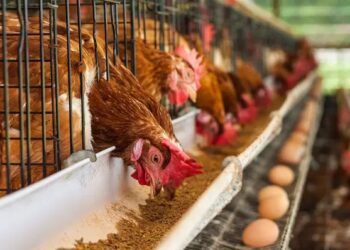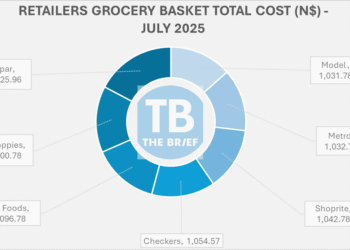
South Africa’s efforts to wean itself off coal and focus on renewables, battery storage, electric vehicles and setting up a green hydrogen economy would require funding of over R1 trillion by 2030, a top government official said on Tuesday.
In November, the United States, Britain, France, Germany and the European Union agreed to offer a US$8.5 billion package to help South Africa accelerate a transition from coal.
South Africa is the world’s 12th biggest emitter of climate warming gases and the biggest in Africa. It is a coal-intensive economy where a fleet of decades-old and inefficient power plants provide a bulk of its electricity.
The funding of R1 trillion would also involve investments into transition fuels such as natural gas and nuclear and imparting new skills to people who will possibly lose their jobs, Crispian Olver, executive director of the Presidential Climate Commission told Reuters.
President Cyril Ramaphosa in 2020 had set up the Presidential Climate Commission to create a plan for South Africa’s transition to a net zero economy by 2050.
The Commission in February came out with a draft report that laid out guidelines on transition in four major sectors of the economy – coal, automotive, agriculture and tourism.
“We are working on the numbers, and different models project different numbers and there is also a big debate about energy mix… We think around R1 trillion by 2030, and R3 trillion to R4 trillion by 2050 will be needed,†Olver said, at the sidelines of a discussion held with the financial sector on the draft framework at the Johannesburg Stock Exchange (JSE).
“By the end of this year we are going to have fairly good estimate on the numbers (amount of funding required),†Olver said.-moneyweb











